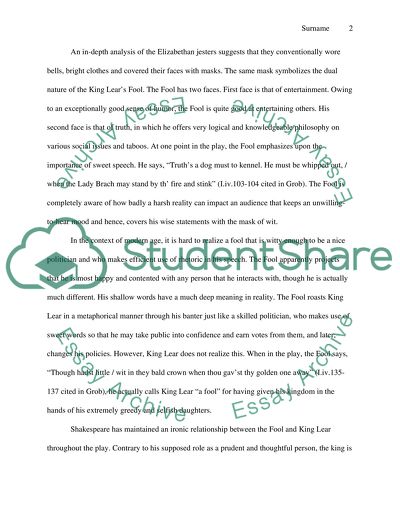Cite this document
(“What is the role of the Fool in Shakespeare's King Lear Essay”, n.d.)
Retrieved from https://studentshare.org/literature/1406337-what-is-the-role-of-the-fool-in-shakespeare-s-king
Retrieved from https://studentshare.org/literature/1406337-what-is-the-role-of-the-fool-in-shakespeare-s-king
(What Is the Role of the Fool in Shakespeare'S King Lear Essay)
https://studentshare.org/literature/1406337-what-is-the-role-of-the-fool-in-shakespeare-s-king.
https://studentshare.org/literature/1406337-what-is-the-role-of-the-fool-in-shakespeare-s-king.
“What Is the Role of the Fool in Shakespeare'S King Lear Essay”, n.d. https://studentshare.org/literature/1406337-what-is-the-role-of-the-fool-in-shakespeare-s-king.


